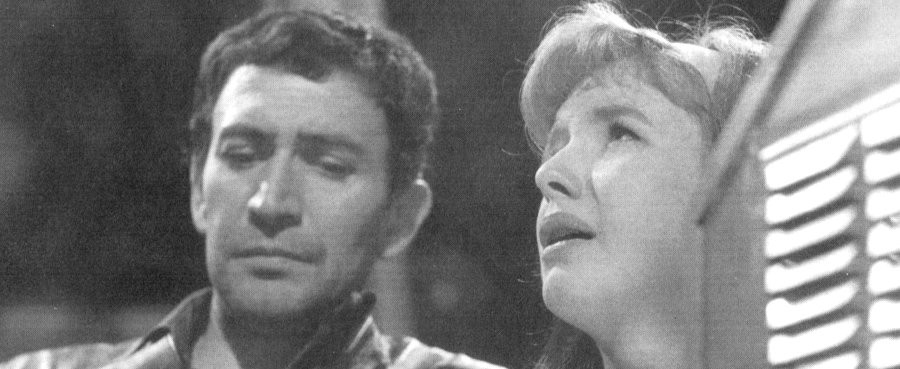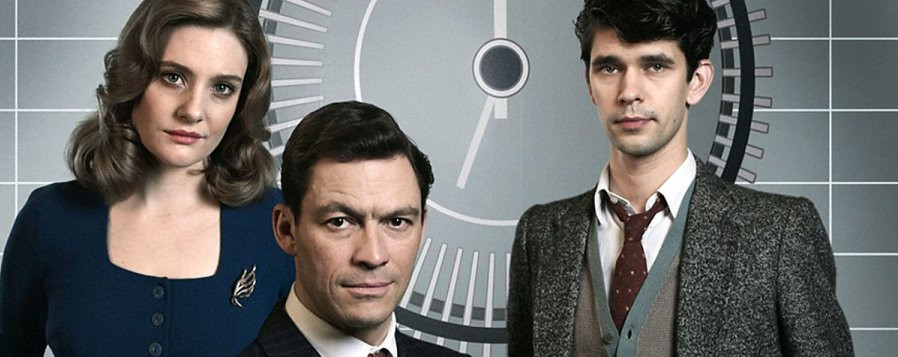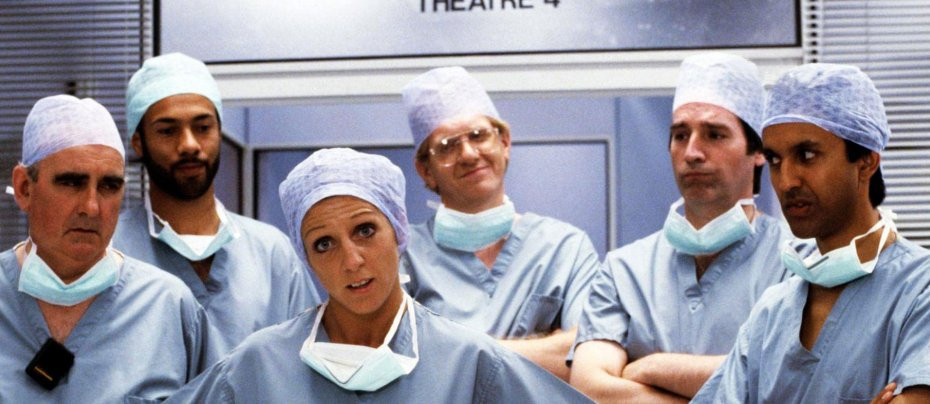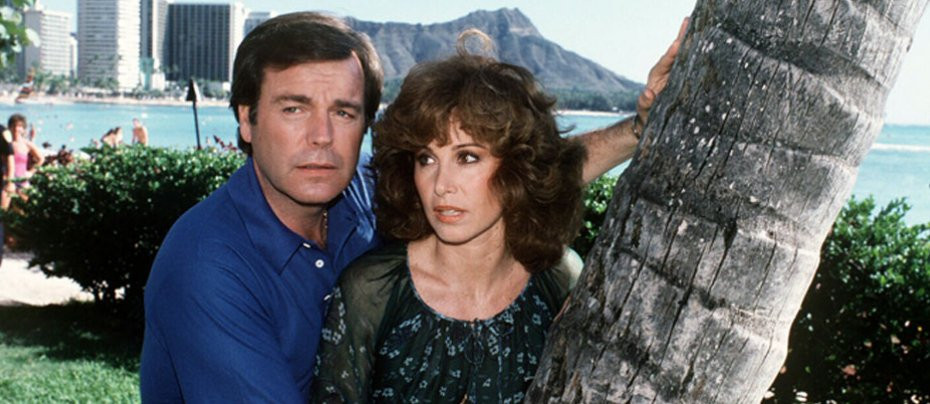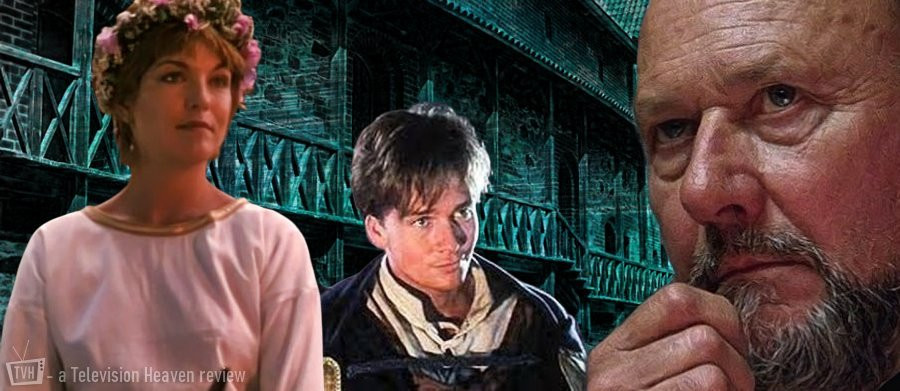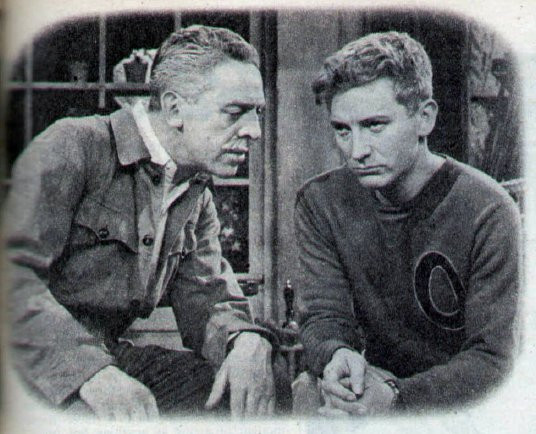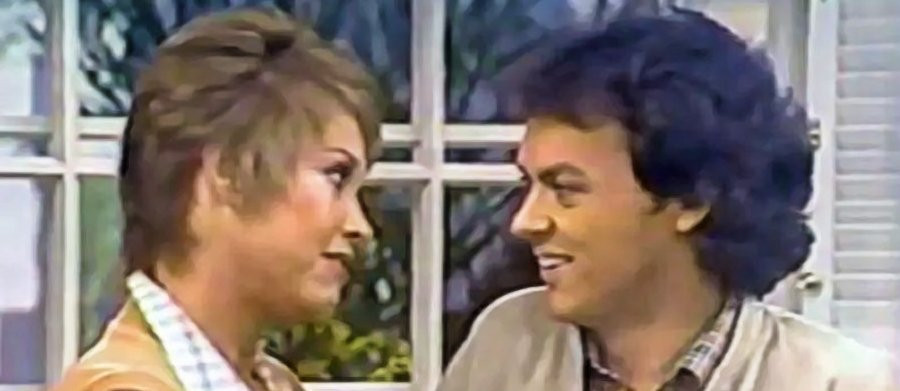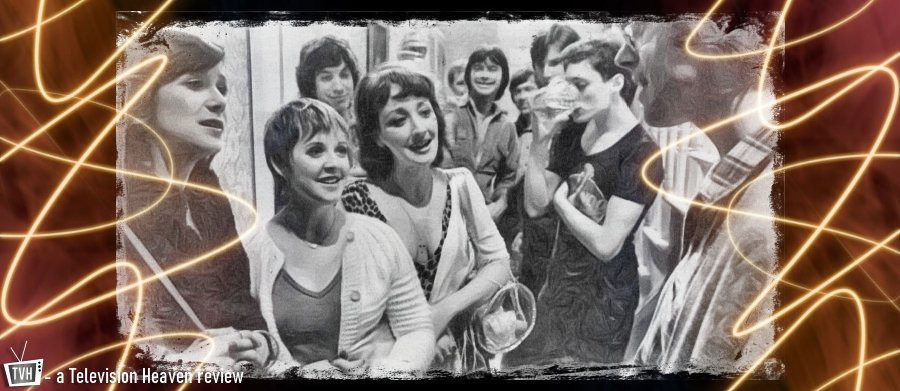
Daughters of Albion
1979 - United KingdomAlready beginning to establish himself as a gifted playwright with an acerbic wit, Willy Russell’s Daughter’s of Albion, televised on ITV in 1979, was an excellent early example of his developing observations of class and social problems, which he tackled face on with a wry sense of humour, a great deal of humility and just a touch of sentimentality. It was a style that became his trademark which many would argue reached its peak with both Educating Rita and Shirley Valentine. In both these cases, the protagonists were working class women who had a need to escape, to elevate themselves from their humdrum life, and set themselves on the road to self-discovery and ultimately – self-fulfilment. In Daughters of Albion, Russell is not content with simply exploring the life of one woman. He takes on three.

Russell’s stage and television work was beginning to define his scrutiny of what he described as 'the poetry of common speech'. Seen in his early television plays are the foundations of his developing confidence in writing strong female characters who view the world they live in from a woman’s perspective. His characters are working class who, through either fault or design, are often placed in trying circumstances. But there is a genuine warmth in these characters and Russell expertly portrays them in a sympathetic yet never patronising manner.
“I don’t have a rose-tinted view of the working class. I never have had.” Russell told interviewer and writer John Gill for his book Willy Russell and His Plays. “And I’ve always had an objectivity about the working class that enables me to write about it. But I really don’t write about working class, I write about characters who come from it.”
Born in Whiston, Lancashire, in 1947, Russell’s first job on leaving school at the age of 15 was in a lady’s hairdresser, surely a wonderful training ground for anyone with a discerning ear who would go on to become one of the country’s most celebrated writers. It’s in such establishments that women literally and metaphorically let their hair down, where conversation is unbounded by the male perspective (male hairdresser notwithstanding) and where the hopes and desires of the upper, middle and working-classes are discussed in an open, honest (mostly) and passionate way. As author Audrey Nelson Ph.D. observes in her article 'What Women Talk About': Women talk about everything and anything. You name it. Women will reveal their insecurities, their latest diet, the trials of their uterus, their dreams - the list goes on. Any topic is fair game. It was perhaps in these establishments, through these women that the former hairdresser who gave it up to return to college and become a schoolteacher, began to learn his craft.
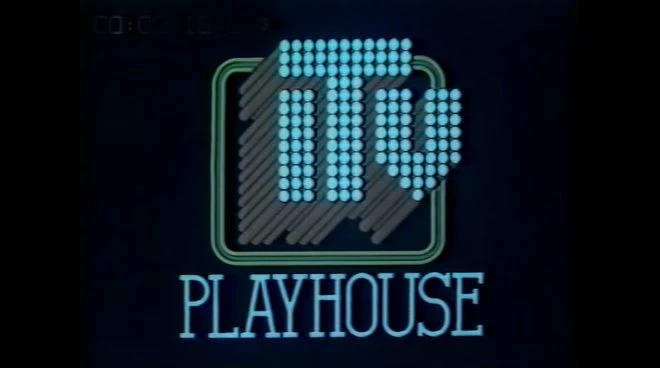
Broadcast on 1 May 1979, Daughters of Albion was billed in the TV Times as ‘Willy Russell's first play for television’, which at first seems odd because the discerning viewer would know that previous plays, King of the Castle (1973), The Death of a Young, Young Man (1975), Break In (1975), Lies Parts I & II (1977) and Our Day Out (1977), all predated it on the small screen. A more accurate description might have been ‘Willy Russell's first play written specifically for television.’ Although according to Russell himself, "My first commission was for the BBC way back in a time when the BBC was able and more than willing to take chances on young writers who were showing some promise. I wrote a half hour play for their Second City First series."
Daughters of Albion was commissioned by Yorkshire Television who then took the odd decision to cancel it. Russell then offered it to the BBC. In the meantime, David Cunliffe, the television director and producer whose body of work included Dr. Finlay's Casebook, The Onedin Line, Warship and Fall of Eagles, had read the script and decided it was too good not to be produced. Cunliffe was due to start work at Yorkshire as an executive producer and immediately took the decision to reverse the cancellation. The play was directed by Pedr James who had previously directed Our Day Out for the BBC.

Daughters of Albion's title was inspired by William Blake’s 1793 poem Visions of the Daughters of Albion which has a central narrative of the female character Oothoon, and her sexual experience. Russell's play is about three girls: Kathleen, Sharon and Tracey. The girls, who work in a Liverpool biscuit factory, find themselves at an all-night party after being invited by one of the partygoers. Somewhat reluctant to enter the party house at first, they cautiously venture inside but soon discover that they are at the wrong party and the other guests are university graduates who are celebrating after their final exams. Separated from the other guests by a yawning gulf of class and culture, the girls begin to see a distinctly different side of life. They are determined to enjoy the party but are constantly reminded of their background as they mingle amongst the uni-students. Two of the girls have sexual experiences, and although the third wants to, something is holding her back. Kathleen meets Philip, a well-off student who is smitten by her and offers the very thing she most wants – freedom, but she comes to realise that her social class has imprisoned her by conditioning. The story follows similar themes to Russell's more famous later works such as Educating Rita and Shirley Valentine in which working class women encounter an 'educated' world other than their own. Willy Russell's sympathetic yet witty look at the never-ending class war is full of sad ironies as well as tender moments in what is essentially a moral story about the divisions in society.
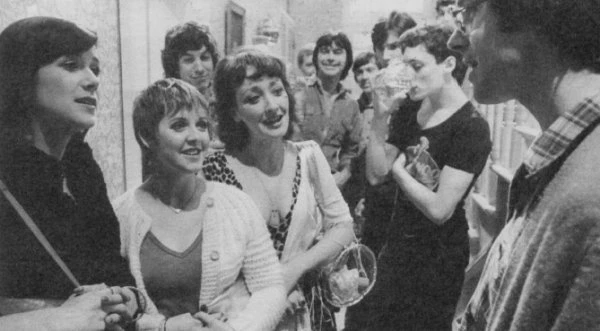
Pedr James scoured Liverpool to find the right girls to play the principal parts and auditioned around three hundred girls before choosing Annette Ekblom (Kathleen), Kate Fitzgerald (Sharon) and Janet Rawson (Tracey). All three actresses give realistic and convincing performances which are delivered with effortless ease. Fitzgerald, who was making her television debut also starred in Educating Rita at the Liverpool Playhouse in 1981 and went on to star in Brookside (as Doreen Corkhill) for five years from 1985 to 1989, Benidorm (as Loretta Chase) in 2018, and Coronation Street (as Nancy Tinker) in three stints: 2015, 2018 and 2019. Other Merseyside actors who’ve featured in both prime-time soaps include Mark Monaghan, who was Dr Owen Davis in Holby City, Marji Campi who portrayed Joyce Watson in Surgical Spirit and Alan Igbon would later appear in Coronation Street as well as two of Alan Bleasedale’s celebrated series Boys from the Blackstuff and GBH. Anton Lesser appears in what seems to be an uncredited role.

Daughters of Albion which was watched by an audience of 15 million viewers and is a great example of character development. According to Russell the character of Kathleen was another step to the realisation of Rita. “From Sandra in Breezeblock Park through Linda in Stags and Hens, through Kathleen, I obviously was looking to explore this young woman and it was only when Rita came along that I was able to fully look at this girl. But she’s interesting, Kathleen, I still love her because she’s got no humour. She’s great. She’s just one of those women who’s spot on and cuts through everything. She never laughs, is a terribly intense, serious girl, but wants to know what’s going on – I just love her.”
Seen this show? How do you rate it?
Seen this show? How do you rate it?
Published on October 10th, 2021. Written by Malcolm Alexander for Television Heaven.



